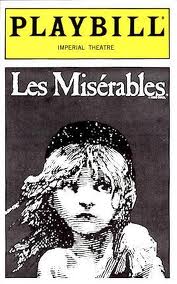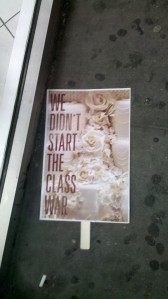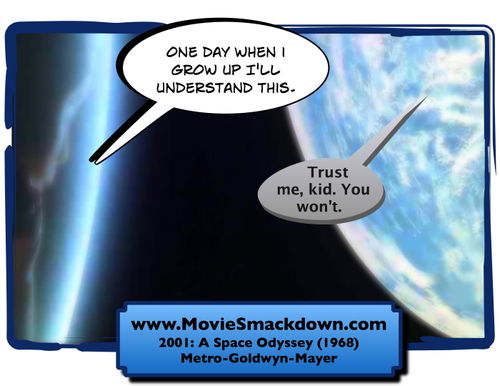My friend Deirdre Dougherty wrote a wicked (side note: when did I move to Boston?) response to a shameful article in the Daily Beast. In fact, it was such a skilled (and sarcastic) take down of the author’s argument that I asked if she would like to guest post it here at gorditamedia. She said no. Kidding. Feel free to comment; I’m sure Dee will appreciate any engagement on the subject.
(Guest Post by Deirdre Dougherty)
I have many things to say about this piece of shit article and apologize in advance to my family for swearing. I rarely ever post comments this long or this political.
1. While I can buy that the “77 cents” rhetoric might be an exaggerated way of simplifying and drawing attention the issue of pay inequity, there is a wage gap. Apparently, people believe that this is the result of a choice, or of a difference in hard wiring. The post says: “There is clearly a wage gap, but differences in the life choices of men and women… make it difficult to make simple comparisons.” Choices? Really? Interesting. At first glance, “choice” seems like it’s a great leveler and strikingly allows us to avoid a discussion of more complex structural issues. Choices are tricky things though; depending on the different kinds of privilege one might happen to have, choices have different effects and are made within different constraints. Way to individualize responsibility and thus leave sexism unquestioned. Thanks.
2. The author’s conversation about the “10 most remunerative majors” as a basis for her argument is sickening. Instead of looking at college majors and seeing which majors attract women and which attract men and linking that to a larger bullshit idea of women “choosing” to pick majors that result in lower-paying jobs, why don’t we question why certain professions are accorded respect and compensation in the first place? Isn’t it interesting that the professions that men tend to be drawn to are the most well-paid? Could this not be symptomatic of a larger, historically constituted structural inequality where occupations are gendered and historically “feminine” occupations are undervalued in a world that has (arbitrarily) accepted western ideas of science and progress and empiricism above all else?
3. “Have these groups noticed that American women are now among the most educated, autonomous, opportunity-rich women in history?” Interesting. “American” women, you say? While the author wanted to disaggregate the fuck out of the statistics about “77 cents,” claiming that the wage gap statistics were unfair because they compared women’s and men’s salaries across all occupations, it’s super interesting that “American” women emerge as a monolithic category. Do poor women enjoy the same “autonomous, opportunity-rich” experience as the author does?
4. “To say that these women remain helplessly in thrall to sexist stereotypes, and manipulated into life choices by forces beyond their control, is divorced from reality—and demeaning to boot. If a woman wants to be a teacher rather than a miner, or a veterinarian rather than a petroleum engineer, more power to her.” Clearly, you’ve not read anything about the k-12 education system and how tracking, microgressions, and other subtle systemic phenomena direct women in certain ways. Again, I guess it’s all about “choice.” I guess this is “America” and we can do anything we really “choose” to do.
5. But wait: “The White House should stop using women’s choices to construct a false claim about social inequality that is poisoning our gender debates.” Yes. Choices are totally made outside of structures of inequality. Thanks, author. I forgot that.












